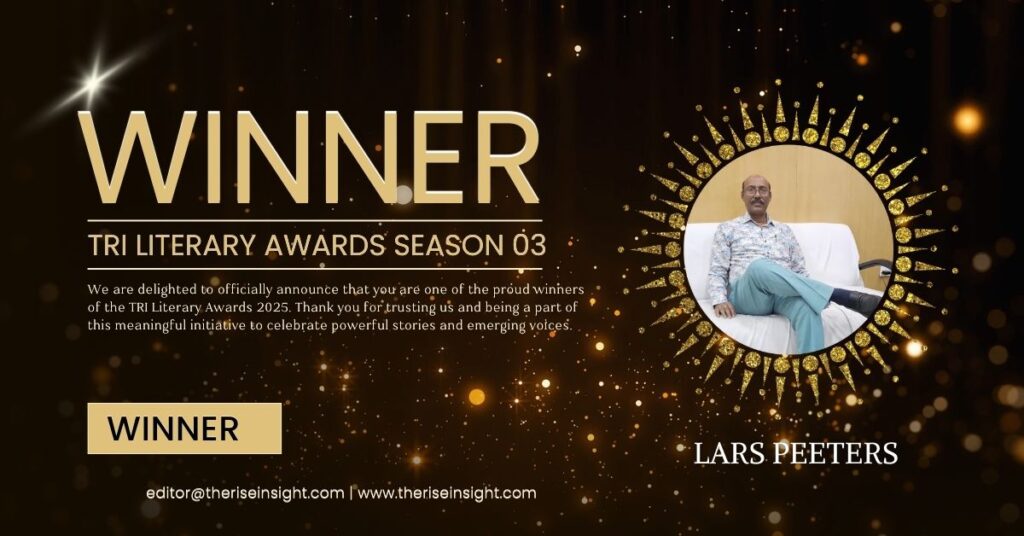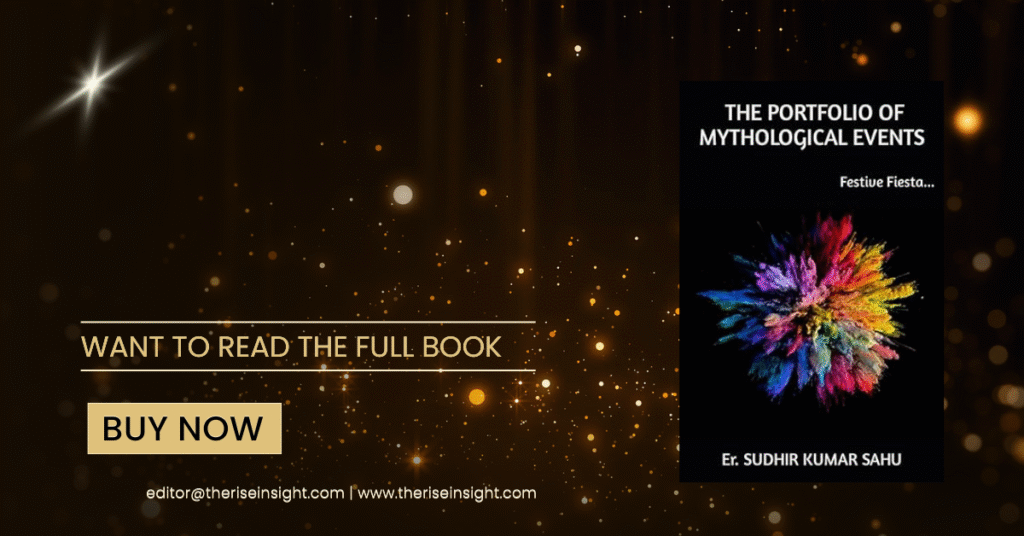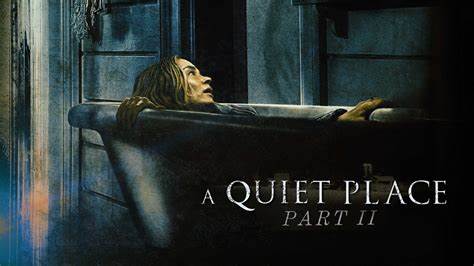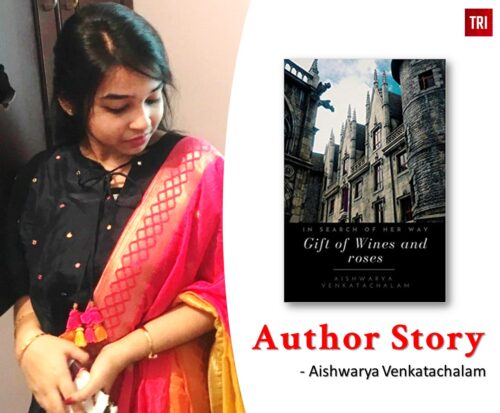
It is with great admiration and joy that I extend heartfelt congratulations to Er. Sudhir Kumar Sahu for receiving the prestigious TRI Literary Award – Season 3 for his remarkable work “The Portfolio of Mythological Events: Festive Fiesta.” This accolade is not only a recognition of his literary brilliance but also a celebration of his relentless pursuit to preserve, present, and promote Indian mythological knowledge in a form that is accessible, insightful, and deeply resonant with modern readers.
Having had the privilege of reading this exceptional book, I can confidently say that it is a rare gem—intellectually enriching, culturally illuminating, and profoundly rooted in the Indian spiritual and philosophical tradition.
Table of Contents
Toggle📚 A Fusion of Culture, Myth, and Modern Organization
The Portfolio of Mythological Events is an encyclopedic yet reader-friendly guide that opens up a curated gateway to India’s rich mythological and cultural heritage. The very title—Portfolio—is cleverly chosen. It aptly signifies a basket, a collection, a deliberate and methodical arrangement of mythological events that one might otherwise find scattered and fragmented across digital platforms, calendars, and hearsay.
The book stands as a structured repository of information about festivals, vrats (fasts), and mythologically significant days, and goes a step further by articulating their spiritual, societal, and historical relevance. In this way, it not only serves as a calendar-based guide but also as a deep dive into the psyche of a civilization—one that is built upon rituals, stories, symbolism, and devotion.

🕉️ The Universality of Myth: A Scholarly Prelude
Er. Sahu opens the book with a robust preface on what myths truly are. He masterfully defines myth not just as folklore or fictional tales, but as symbolic narratives—stories with encoded truths about existence, morality, cosmology, and human conduct. His explanation extends into global traditions—Greek, Christian, Islamic, and Hindu—offering readers a comparative understanding of how myth operates as a framework of meaning across civilizations.
It is this comparative lens that elevates the book beyond a traditional almanac or mythological summary. It invites the reader to see myths not as archaic beliefs, but as living philosophies—resonant, relevant, and rich with lessons applicable even in the modern context.
📅 Myth Meets Calendar: A Festival for Every Soul
The heart of the book lies in its careful compilation of Hindu festivals and fasting days aligned with their mythological significance. Each event is meticulously presented with:
- Date / Tithi / Timing
- Deity associated
- Mythological background
- Ritual practices and procedures
- Philosophical and societal significance
This layered structure transforms a simple mention of a festival into an educational and spiritual experience. For instance, festivals like Mahashivratri, Navratri, Janmashtami, Diwali, and Makar Sankranti are explored with insights into not only the rituals, but why they matter—how they represent inner transformation, cosmic cycles, and societal unity.
Even lesser-known vrats and regional observances are not ignored. The book gives due space to unique fasts like Jivitputrika Vrat, Karva Chauth, and Sheetala Ashtami, making it inclusive and geographically relevant to a pan-Indian audience.
🌱 Symbolism and Spiritual Depth
What struck me most profoundly is the symbolic interpretation embedded within each description. Er. Sahu brings out the metaphysical aspects of festivals—how fasting symbolizes discipline, how lights on Diwali represent the victory of inner clarity, how churning of the ocean (Samudra Manthan) represents the human journey through struggle toward self-realization.
The book connects the dots between ritual and reality, outer actions and inner purpose—something often lost in the hustle of ritual performance without understanding.
💡 An Author with Vision: Technical Precision Meets Spiritual Clarity
Er. Sudhir Kumar Sahu’s background as a civil engineer and financial literacy expert may appear, at first, to contrast with the spiritual and mythological themes of this book. But in fact, his technical acumen brings rare discipline and structure to the way information is gathered, categorized, and presented. One can clearly see how engineering thinking and literary passion have coalesced here—resulting in a work that is both accurate in detail and broad in vision.
Moreover, his experience across professional domains and his exposure to global thought processes makes this book particularly valuable to young Indians, educators, spiritual seekers, and knowledge enthusiasts who want a gateway into India’s mythological consciousness without feeling overwhelmed by religious jargon or philosophical abstraction.
🌍 Cultural Legacy and Global Relevance
One of the most commendable aspects of The Portfolio of Mythological Events is its ability to make Indian mythology relevant to a globalized reader. The parallels drawn between world mythologies serve to unify rather than divide, helping us understand that cultures across the globe are ultimately trying to answer the same eternal questions:
- Why are we here?
- What governs our lives?
- What is the moral order?
- How do we live meaningfully?
By situating Indian festivals in the context of universal human values—gratitude, devotion, community, purification, sacrifice, and renewal— the book ensures that even non-Indians or non-Hindus can appreciate the depth and beauty of these events.
🏆 A Treasure Trove for Readers and Researchers Alike
The book also functions as a reference manual. Students, teachers, and even priests can refer to it for authentic information. But what makes it unique is that it is not dry or purely academic. Every page is written with heart, with a desire to inspire curiosity, ignite spiritual reflection, and deepen one’s cultural rootedness.
From educators and researchers to homemakers and spiritual seekers—there’s something for everyone here.
Here’s a paragraph of feedback from each of the nine reviewers, reflecting their thoughts after reading The Portfolio of Mythological Events: Festive Fiesta by Er. Sudhir Kumar Sahu:
1. Prashant Sahu :Reading this book was a truly enlightening experience. Er. Sahu has done a commendable job in presenting a well-organized collection of mythological events with cultural depth and clarity. It not only captures the essence of Hindu festivals but also weaves a narrative that explains their spiritual and historical significance. A perfect blend of devotion, knowledge, and tradition.
2. Sameer Gudhate appreciated the intelligent blend of mythological knowledge with cultural relevance, stating that the book brilliantly bridges tradition with modern understanding, providing readers with both wisdom and perspective.
3. Apeksha Gupta praised the simple yet powerful narrative style, noting how the book helped her reconnect emotionally with age-old rituals she followed growing up but never fully understood.
4. Akansha Sinha : Er. Sahu brings together scholarly research and spiritual devotion in a compelling manner. Every event listed in the book is explained with symbolic meaning and historical background. I found the explanations thought-provoking and deeply moving. This book is a reminder of the spiritual richness we often take for granted.
5. Glenville Asbhy : Coming from a different cultural background, I found this book to be a treasure trove of mythological insight. It helped me see Hindu festivals not just as rituals but as expressions of timeless wisdom. The universal themes of good versus evil, inner transformation, and devotion are presented in a way that resonates with all readers, regardless of background.
6. Pooja Sahu : I found the book to be incredibly well-researched and deeply rooted in values. It explains every tithi and occasion with so much reverence and authenticity. It has helped me celebrate festivals with a renewed sense of purpose and awareness. Truly a must-have for those who want to reconnect with our traditions.
7. Versha Singh : What I loved most about the book is how inclusive it is. From pan-India festivals to local observances, everything is covered with equal importance. The balance of mythological storytelling and practical information makes it unique. Er. Sahu’s passion for culture and education shines through every page.
8. Shivangi Yadav : This book is more than just a guide—it’s a spiritual companion. It made me reflect on the deeper meanings behind the rituals I grew up with. The stories are beautifully narrated, and the context provided helps bring clarity and mindfulness to celebrations. I highly recommend it to every seeker of Indian culture.
9. Kavita Kaushik : Er. Sahu’s writing is as informative as it is inspirational. The book is meticulously structured, making it easy to follow and engaging throughout. I particularly appreciated how each event is tied back to personal growth, moral values, and cultural continuity. It’s a literary gift to both current and future generations.
✍️ Final Thoughts: A Literary and Cultural Milestone
Reading The Portfolio of Mythological Events: Festive Fiesta felt like attending a grand, year-long celebration of Indian culture and cosmic wisdom—guided by a deeply knowledgeable and sincerely passionate host. It is a living document that not only preserves heritage but invites each reader to participate in it with awareness and joy.
This is not just a book—it is an invitation to belong, to reconnect with our spiritual DNA, and to approach life not just as a series of dates and duties, but as a mythological journey toward meaning.




